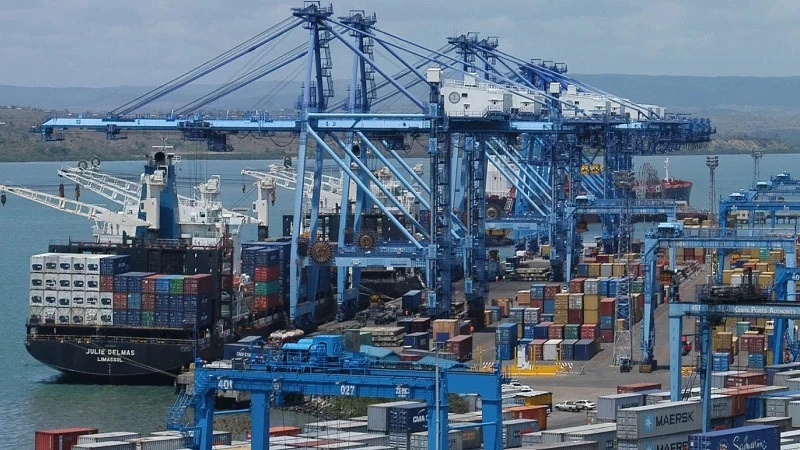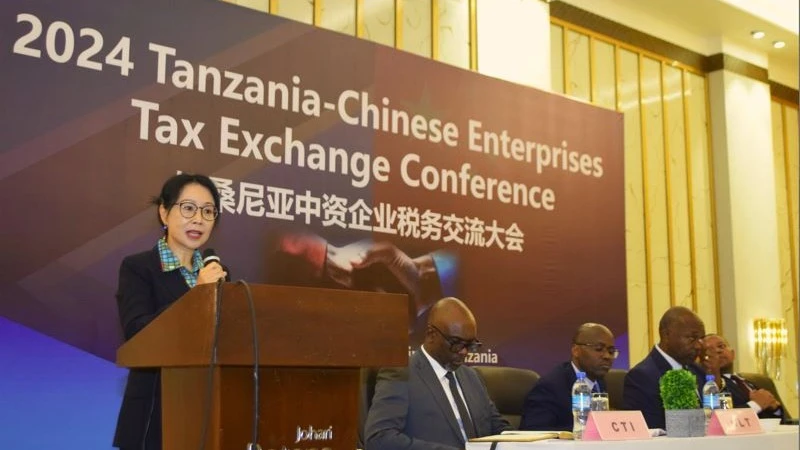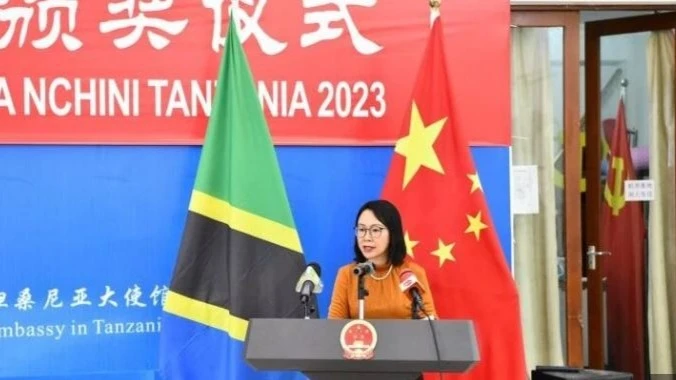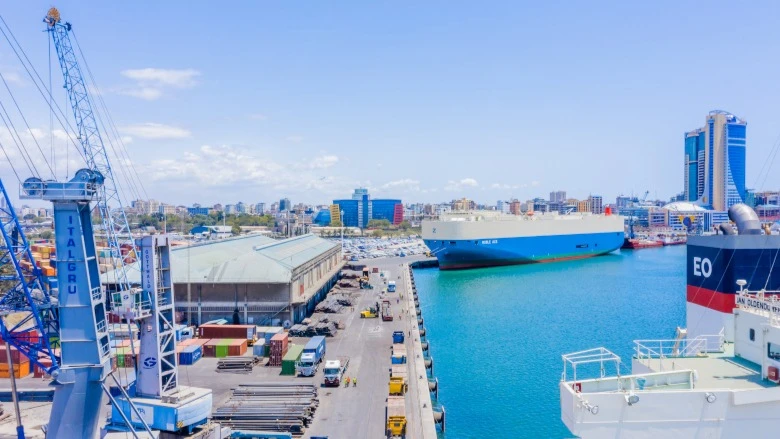It’s strange hazardous cargo being treated as just normal

A Tanzania Shipping Agencies Corporation (TASAC) appeal to the Tanzania Ports Authority (TPA) in Tanga to separate hazardous cargo from other types of cargo especially in the clearance of imports is curious in its lessons.
For there is no reason in the first place for port authorities could not have been aware of this need in their core or preliminary rules of procedure.
That the matter has had to be raised by a major stakeholder at the port – who similarly sought to make a public appeal instead of a casual reminder –suggests that the situation at issue isn’t accidental but may perhaps involve cost-cutting.
The occasion was not that this is the first time the situation was noticed, but there is a kind of wish to take port operations to a higher level. This is with TASAC wishing to encourage shipping agents to utilise Tanga port as its work rate has sharply improved, even by TASAC accounts.
This appeal is thus a quid pro quo to potential stakeholders for the port to shed what in trade terms is akin to a non-tariff barrier or sanitary and phytosanitary criteria for use of the port.
It stands to figure out or demand whether TASAC knew of the singular drawback all along or it has been reminded by its client companies what there is.
During a high-powered inspection visit at the port by the TASAC board members led by the corporation’s chief executive, the latter is said to have emphasized the need for TPA to separate hazardous cargo from routine cargo.
That wasn’t offering clues on why it was not done earlier, until the CEO recommended that customs agents and cargo loaders be assigned separate working areas outside the port to enhance operational efficiency.
If that is sufficient cause for clear indifference is one thing, but someone has to foot the bill.
The reason for not separating the cargo can be said to be lack of competition between ports or cargo handlers and hence the option for port administrators to separate cargo or treat all cargo as normal on condition that it is packed in a manner that is somewhat distinctive, etc.
With that, it required auxiliary pressure from stakeholders for the matter to become public, creating a de facto obligation on the part of port administrators to carry it out.
It was a late reminder, not one arising from institutional capacity as would have applied if there was proper competition where auditors could have noticed, raised the issue in an annual report and closed it.
But administrators commonly take time to act on observations or queries raised by in audit reports as usually the public concern is on the use or misuse of funds, and hardly on issues like efficiency levels.
Yet, with modernisation and open choices for clients as to which port they can use, we arrive at a situation where non-separation of cargo pits one institution against another in terms of hindering goal realisation.
TASAC may have known this all along but it signals that it is an impediment to firms to use its services. And there we all are!
Top Headlines
© 2024 IPPMEDIA.COM. ALL RIGHTS RESERVED

















